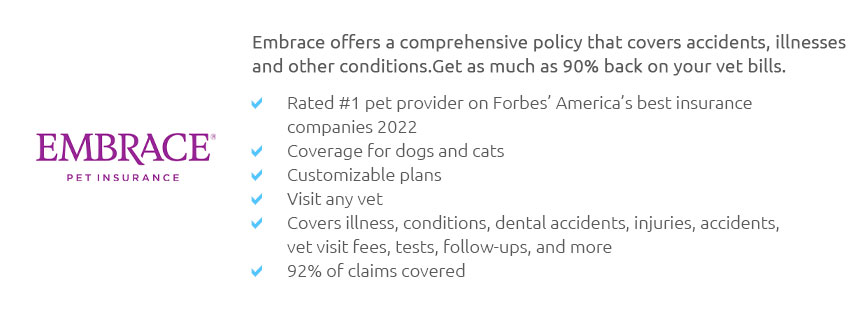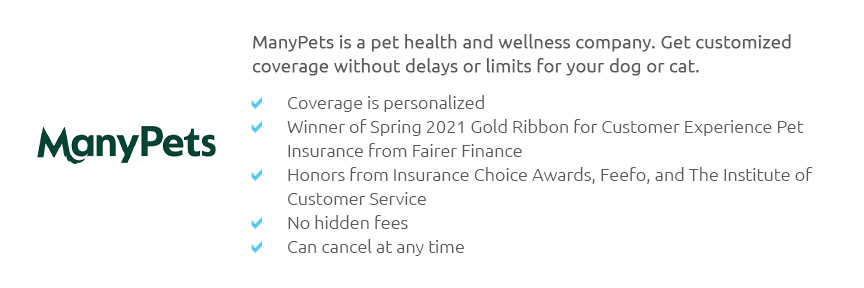 |
 |
 |
 |
 |
 |
|
 |
|
 |
|
 |
|
 |
|
 |
 |
 |
 |
 |
 |
 |
 |
Exploring the World of Dog Insurance CompaniesThe world of pet care has seen significant advancements over the years, with dog insurance emerging as a crucial component for many pet owners. As we delve into the intricate landscape of dog insurance companies, it becomes essential to understand the myriad benefits they offer, alongside potential pitfalls to avoid. Many pet owners, driven by a genuine love and concern for their furry companions, seek to ensure their pets receive the best possible care. This has led to an increased interest in dog insurance, a service that promises peace of mind in the face of unforeseen veterinary expenses. Dog insurance companies provide a financial safety net, helping pet owners manage unexpected costs arising from accidents, illnesses, or other health-related issues. However, navigating through the multitude of options available can be daunting. Not all policies are created equal, and discerning the subtle differences between them is key to making an informed decision. When evaluating dog insurance companies, there are several factors to consider, each playing a vital role in determining the overall suitability of a policy for your specific needs. First and foremost, coverage options are of paramount importance. Policies typically fall into categories such as accident-only, time-limited, maximum benefit, and lifetime cover. Accident-only policies are generally the most affordable but offer limited coverage, while lifetime policies, though pricier, provide comprehensive protection against ongoing health issues. It's crucial to assess what types of treatments and conditions are covered under each plan and to what extent. Some policies may exclude pre-existing conditions or certain breeds, making it imperative to read the fine print. Another critical aspect is the cost of premiums, which can vary significantly between companies and depend on factors such as the age, breed, and health of your dog. While it might be tempting to opt for the cheapest option, it's essential to balance cost with the level of coverage provided. A low premium could result in higher out-of-pocket expenses when you make a claim, defeating the purpose of having insurance in the first place. Additionally, consider any deductibles or co-payments required, as these can impact your financial responsibility in the event of a claim. The reputation and reliability of the insurer should not be overlooked. Established companies with a proven track record of customer satisfaction and efficient claims processing can offer more peace of mind compared to newer, less-tested entities. Customer reviews, ratings from independent bodies, and word-of-mouth recommendations are valuable resources in assessing an insurer's credibility. Also, consider the quality of customer service, as you want to ensure that any queries or issues you encounter will be addressed promptly and effectively. While not always immediately apparent, the subtle nuances of policy terms can significantly impact your experience with a dog insurance company. Pay attention to aspects such as renewal terms, claim limits, and waiting periods, which can vary widely. Some companies may increase premiums as your dog ages or after you make a claim, while others offer more stable pricing structures. Understanding these elements can prevent unwelcome surprises down the line. Finally, the breadth of additional services offered by a company can enhance the value of your policy. Many insurers provide extras such as access to 24/7 veterinary helplines, coverage for alternative therapies, and even boarding fees if you are hospitalized. These supplementary features can make a significant difference in the overall utility of your insurance policy. In conclusion, selecting the right dog insurance company involves a comprehensive evaluation of multiple factors, each influencing the overall effectiveness and value of the policy. By considering coverage options, costs, reputation, policy terms, and additional services, pet owners can make informed decisions that best meet their needs and those of their beloved pets. FAQs About Dog InsuranceWhat does dog insurance typically cover?Dog insurance usually covers veterinary expenses for accidents, illnesses, and sometimes routine care. Coverage may vary, so it's crucial to review the policy details carefully. How is the cost of dog insurance determined?The cost of dog insurance is influenced by factors such as the dog's age, breed, health status, and the chosen coverage level. Premiums can vary widely based on these criteria. Are pre-existing conditions covered by dog insurance?Most dog insurance policies do not cover pre-existing conditions. It's important to enroll your pet early to avoid issues with coverage for future health concerns. Can I choose any veterinarian with dog insurance?Most dog insurance policies allow you to choose any licensed veterinarian, providing flexibility in selecting a provider that suits your and your pet's needs. What should I look for in a dog insurance company?Look for a company with a good reputation, comprehensive coverage options, reasonable premiums, and excellent customer service to ensure the best experience for you and your pet. https://www.usnews.com/insurance/pet-insurance
Pumpkin is the best pet insurance overall, according to our research. Lemonade offers the lowest average rates in our study making it a good option for pet ... https://www.progressive.com/pet-insurance/
Progressive Pet Insurance is administered by Companion Protect Agency, LLC, a licensed insurance agency known nationwide (except in CA) as Companion Protect ... https://www.petco.com/shop/en/petcostore/insurance
PetCoach, LLC is a licensed insurance producer, not an insurer, and a wholly owned subsidiary of Petco Animal Supplies, Inc. The Petco name is used for the ...
|